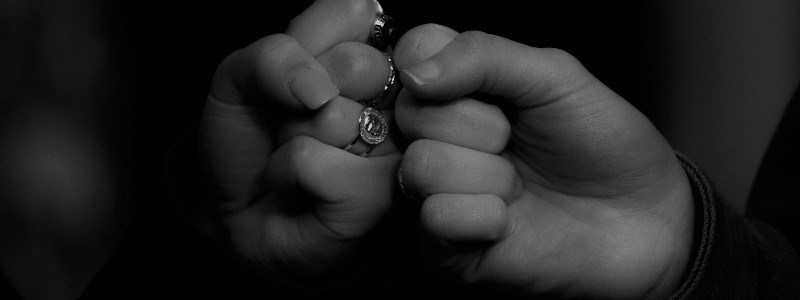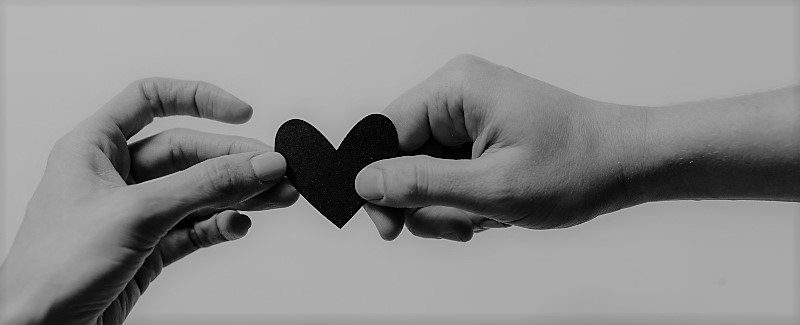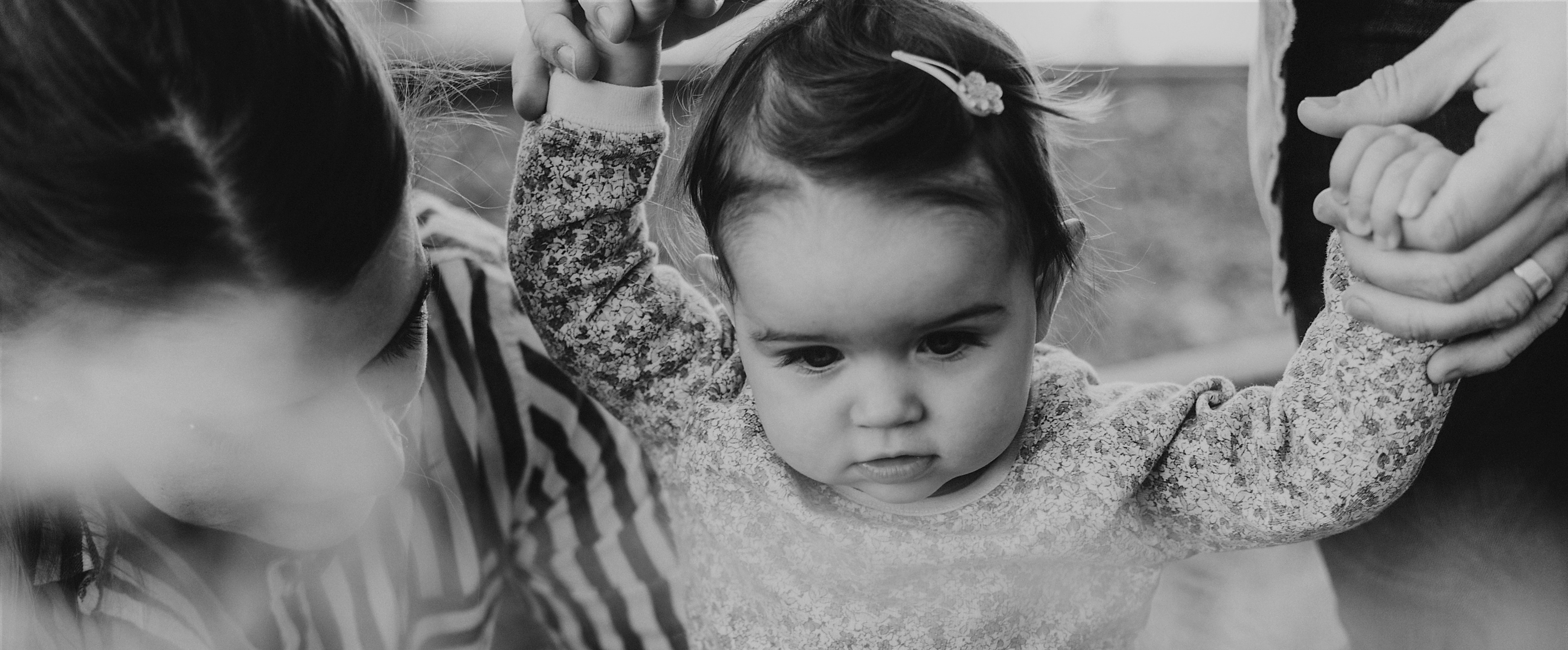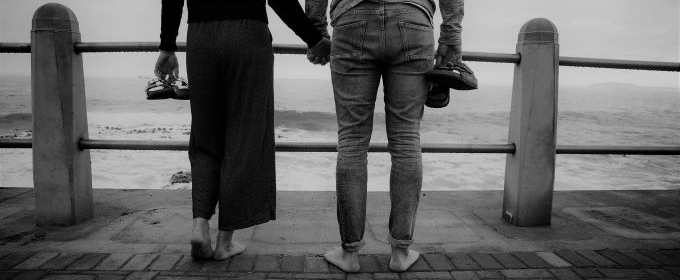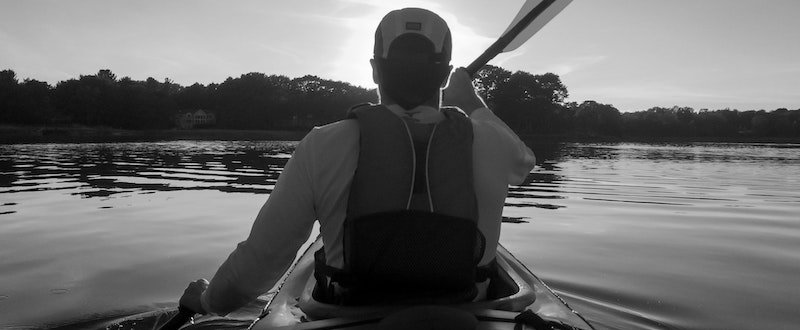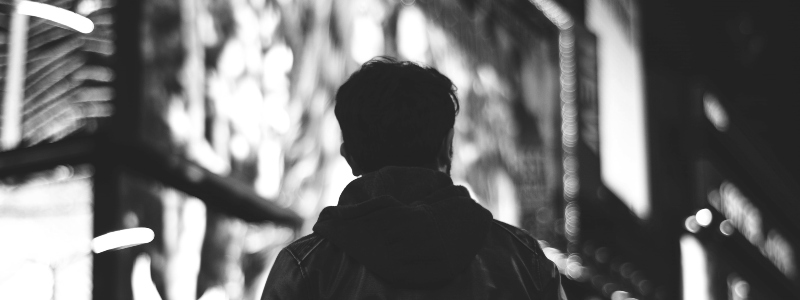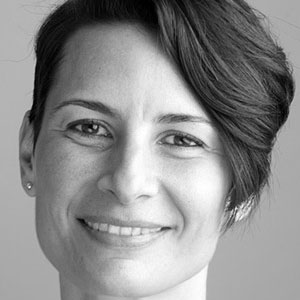Freud is an extraordinary and greatly misunderstood individual (and mental health practitioner). Many believe we have ‘evolved’ beyond his ‘outdated’ theories and indeed, there are views and theories of his that are no longer literally relevant. However, to dismiss him on this basis is myopic and superficial in that Freud’s writing has taken us to where we are today in the world of psychotherapy; and so many of his theories are increasingly becoming ‘evidenced’ through technology and our understanding of brain plasticity and the need for relationship to grow a mind. So, with this in mind, I shall now start my piece with a Freud quote:
‘Psychoanalysis is in essence a cure through love’ Freud, S. (1906) correspondence with Jung.
What is love?
The first question that must be considered in Freud’s statement is the question of what love is?
Clearly Freud is not talking about Eros, or erotic love; he is referring to Agape, love towards fellow human beings. However, I believe Freud is saying something significantly more profound and more important: By using the terminology ‘love’ Freud is drawing a comparison to the role of the analyst (or psychotherapist) in the transference – the role of the parent who has let the child in the client down.
Parents should love their children and most do. However, loving a child is complex as it means to allow and encourage that child to have their own experience – emotional and psychological – separate to the parent. It is about being able to encourage and tolerate difference and then celebrate it in own’s child.
Children who have been let down – neglected, abused or abandoned – have learnt that their survival depends on ‘keeping their parent happy’ – they sacrifice their own separateness and own experience in order to hold on to a parent. This is not a child who is ‘loved’. But a child who is owned.
Love therefore in Freud’s sense of the word is about true empathy – to be able to understand and accept another’s experience without becoming threatened by it, without collapsing and without colluding with it. And without sacrificing our own experience.
Does loving a client mean accepting their behaviour?
Behaviour, when driven unconsciously by effect (emotion) is termed ‘acting out’ and ‘acting out’ is mindless. Furthermore it is an attack on the therapy and an attack on the therapist.
Much like a good parent will have empathy for a child’s fear of the dentist, or a child’s desire for sweets placed next to the till, this does not mean that the child gets what they want – the avoidance of the dental appointment or the indulgence of sweets. A ‘good enough’ parent is able to empathise with the child’s feelings but withstand their demands. In short, a parent’s job is to hold their child in mind and advocate for their best interests rather than the child’s self interests (or their own self interests).
Is Psychoanalysis in essence the same as a Person-Centred Approach?
Now we have established what Freud probably means by love, we can consider whether the analytical approach is in essence the same as a person-centred approach – one of unconditional positive regard. Is this not love?
To a point it is, however, in my view (and that of analytically minded clinicians) the person-centred approach leaves the whole idea of ‘the unconscious’ just there – in the unconscious: in other words it does not exist. What you see is what you get.
Without working with the unconscious and in the transference, a clinician cannot really ‘love’ their client as they are oblivious to the drives and projections that are paying out in the room – the meaning behind the strength of emotion from the client. And they remain oblivious to whom they represent for the client and thus where the loss or trauma resides relationally.
An analytical clinician will work to understand whom the client is projecting onto them – the transference – and will work within the context of that to provide the client with a different experience of relationship
Evicting the bad parent
We all ‘internalise’ our parents – working models of how we experienced them. If this process of internalisation goes ‘well enough’ then we can draw on a solid sense of sense that is supportive of us taking up space in the world and in other relationships: we can bear our inner world However, if it goes awry somehow, then that working model can be punitive, critical and unsupportive and we avoid contact with our inner world at all costs. The process of analytical therapy is to ‘evict’ the bad parent and offer the client an alternative object (person) to introject through the consistent therapeutic relationship.
How to ‘love’ our clients
Loving our clients is a hard thing to do not because they are unlikable or unlovable, but because it means consistently offering the client a different experience of relationship that they will be unconsciously trying to sabotage in subtle ways. Freud also spoke of our fear of change and suggested that in order to mitigate against change, going forward we always seek to replicate the past. Abused and neglected children feel unconsciously ‘safe’ in abusive and neglectful relationships as then the ‘world makes sense’ and they can simply use their old defensive mechanisms to carry on surviving. They also don’t need to feel vulnerable.
Loving a client means holding appropriate boundaries, offering them support and understanding whilst resisting either being seduced or offended by attacks. And as with real life evictions, the internal parents will protest and fight back to stay put.
Ultimately loving our clients means to hold them in mind in ways they never were – their best interest rather than self interests.
To enquire about psychotherapy sessions with Mark Vahrmeyer, please contact him here, or to view our full clinical team, please click here.
Mark Vahrmeyer, UKCP Registered, BHP Co-founder is an integrative psychotherapist with a wide range of clinical experience from both the public and private sectors. He currently sees both individuals and couples, primarily for ongoing psychotherapy. Mark is available at the Lewes and Brighton & Hove Practices.
Further reading by Mark Vahrmeyer –
What is the purpose of intimate relationships?
Why ‘Cancel Culture’ is about the inability to tolerate difference
The Phenomenon of ‘Manifesting – The Law of Attraction’ and the inability to tolerate reality
Why does the difference between counselling and psychotherapy matter?
